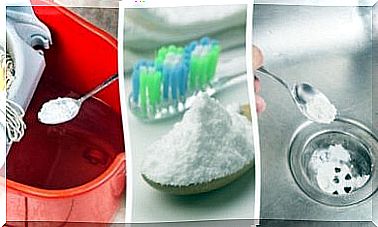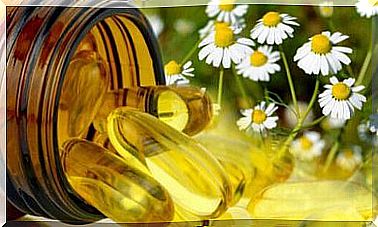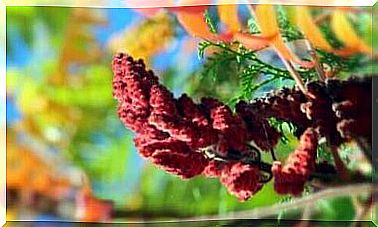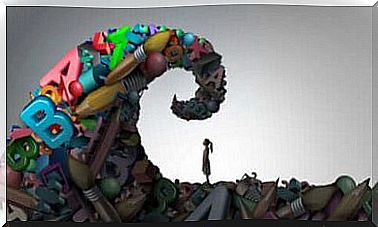What Should You Eat If You Have Had A Heart Attack?
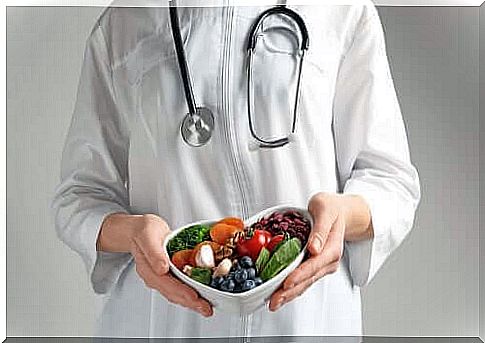
Experts talk a lot about the diets people should follow to stay healthy. But what diet should you follow if you have had a heart attack or want to prevent a new heart disease?
Stress, poor diet and lack of rest directly affect the health of the heart. Therefore, after a heart attack, you need to acquire new healthier lifestyle habits, such as quitting smoking, exercising and changing your diet. After a heart attack, the patient must comply with the doctor’s order to recover and stay healthy.
In this article we will give some tips on foods you should include in your diet.
Myocardial infarction and healthy habits
According to the World Health Organization (WHO), more than 17 million people died of cardiovascular disease in 2012. They also state that 80% of cases of heart attack and stroke can be prevented.
A healthy diet, regular physical activity and quitting toxic habits can help you avoid episodes that endanger your life. You should include the following foods in your diet if you have had a heart attack or want to prevent one.
Diet if you have had a heart attack
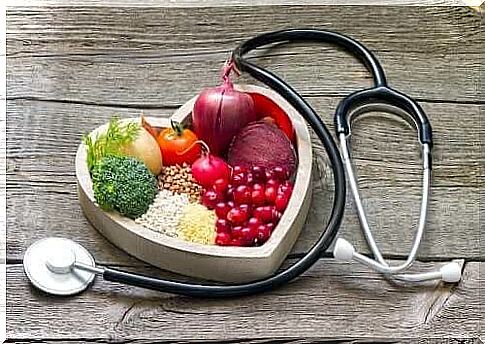
Following a heart attack, risk factors such as cholesterol, glucose or blood pressure should be closely monitored.
Patients who have had a heart attack should have low cholesterol and glucose levels, as well as keep their blood pressure in check. They can achieve this with medication, exercise and a healthy diet.
The healthiest diet for these patients is the Mediterranean diet. This is because it is rich in vegetables, fruits, whole grains and fish, plus a few servings of grilled lean meats. If you had a heart attack, you should cook everything with extra virgin olive oil and not too much salt (you can replace this spice with aromatic herbs and spices).
You should only consume low fat dairy products and eat legumes twice a week.
You should eat this if you have had a heart attack
Fruits and vegetables
According to the Spanish Heart Foundation, a diet rich in fruits and vegetables will increase potassium and magnesium levels, which protect the heart from cardiac dysrhythmia. In addition, this diet helps to lower sodium levels, which are related to blood pressure.
Extra virgin olive oil
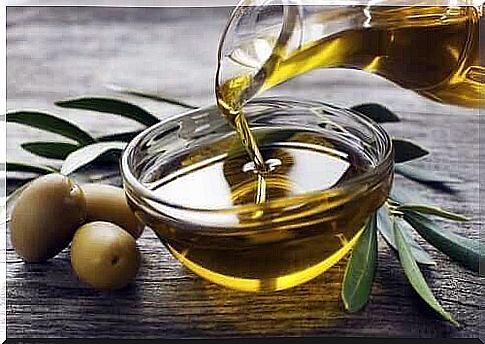
Olive oil has significant health benefits. Consumption of four tablespoons of olive oil a day, along with a healthy and balanced Mediterranean diet, reduces the risk of heart attack or stroke.
Nuts
Nuts are an exceptional source of healthy nutrients and are rich in monounsaturated fats. Walnuts are especially rich in omega-3 fatty acids, a polyunsaturated fat linked to heart health.
They also contain L-arginine (an amino acid that helps produce nitric oxide, which in turn helps regulate blood pressure) and phytosterols (plant compounds that help lower cholesterol by blocking absorption in the gut).
Tea
All types of tea contain catechins, an element that helps maintain healthy blood pressure by inhibiting the synthesis of cholesterol and preventing blood clots. They also contain quercetin, which improves the functionality of blood vessels.
Fat fish
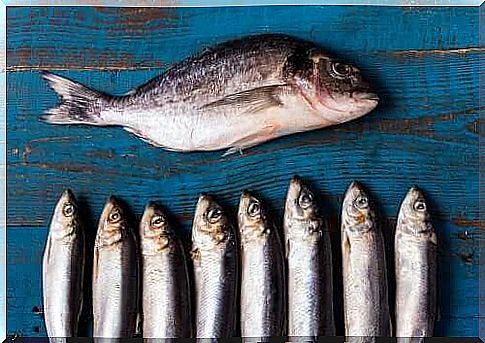
After having a heart attack, you should cut out saturated fat from your diet. However, you should never forget unsaturated fats. Oily fish such as salmon, mackerel or trout contain these fats.
Whole grains and legumes
Bran, which is the shell that protects grains, helps slow down the absorption of sugar and lowers cholesterol. On the other hand, legumes are an exceptional source of vegetable protein, fiber and minerals.
Foods you should not eat after having a heart attack
Pastries should not be eaten after a heart attack
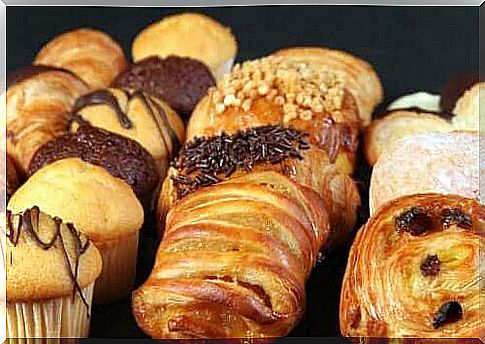
You should cut out all foods that contain cholesterol or trans fats from your diet if you have had a heart attack.
After a heart attack, you should follow a heart-healthy diet. Thus, you should avoid foods that contain saturated fat, trans fat and cholesterol, such as whole milk, butter, fatty pieces of meat or sugar.
You should also avoid sausages and cured meats because they contain harmful fats and a lot of sodium, as well as baked goods (rich in trans fats) and ready-made food.
Finally, remember that it is very important to integrate moderate exercise into your routine. Consult your doctor about the best exercise options for you. After a heart attack, physical activity is a great ally for improving your heart health.


